OFFICE ADDRESS:
6247 Jarvis Ave
Newark, CA 94560

Winter eye health can be challenged when temperatures turn south, but by incorporating these tips and tricks, you can keep your eyes healthy and happy. During the colder months, our first priority may be just to stay warm when we venture outside, but colder temperatures don’t translate into colder UV rays; the sun can still wreak havoc on your eye health and wellness during the colder months. Dry eyes can cause a multitude of symptoms and challenges that can make you miserable. By taking steps to keep your eyes moist, you can help preserve their health all winter long! Take these precautions to protect your eyes and make them more comfortable during the drier, cold months of winter.
Winter officially spans the three months between Winter Solstice and the Spring Equinox. Depending on where you live, you will experience different winter eye health challenges due to varying climates, bacteria, and distance from the sun. But, for the majority of the country, winter weather brings a considerable drop in temperatures and a considerable rise in certain winter eye health challenges. These winter eye health challenges most commonly stem from:
- Dry air exposure
- Weather changes with increased wind
- Injury (from snow sports to weather-related accidents and falls)
- Bright sunlight
- Increased screen time
Winter weather drives temperatures down and decreases the humidity content of the air. This decrease in outside humidity when paired with decreased humidity inside from constant heater use means your eyes are faced with much drier circumstances. Dry eyes can cause a multitude of symptoms and problems. Eyes require lubrication to stay healthy. Tears move across the eye when you blink to help keep the surface your eye moist and free from debris. Tears also help protect against infection and help to stabilize your vision. Without tears, you can do damage to your cornea. If you are suffering from eye irritations like burning, grittiness, blurred vision or itching you may be suffering from a medical condition called dry eye. Dry eye affects about 10 to 20 percent of the population. Call us 510-494-8800 or CLICK HERE to schedule an eye exam and to receive treatment. The following tips can also help you treat your symptoms and support your efforts to take care of your eyes:
- Use Lubricating Eye Drops. Your Optical Masters’ doctor can recommend a brand for your use.
- Add humidity with a humidifier. Increasing the humidity in your home can help with dry eye symptoms. Housing one in your bedroom is especially helpful since you spend so much time in there sleeping.
- Hydrate. Drinking water can help you maintain better winter eye health on several levels. The eye is surrounded by fluid tissue which fluid, and to maintain a healthy balance of fluid in the eye it is important to stay well hydrated. Drinking plenty of water can prevent both your body and your eyes from becoming dehydrated.
- Get Your Omega-3 Fatty Acids. Omega-3 has become a byword for healthy eating in recent years as people start to appreciate how important this essential fatty acid is in a healthy diet. Omega-3 helps in the prevention of dry eyes. If you suffer from this condition, including plenty of oily fish in your diet– such as sardines, mackerel and tuna–will ensure that you get a plentiful supply of Omega-3 and 6, which can help to preserve your eyesight. Flax Seed oil is also a good source for Omega-3 & 6. Omega 3; foods containing omega-3 fatty acids for good eye health.









